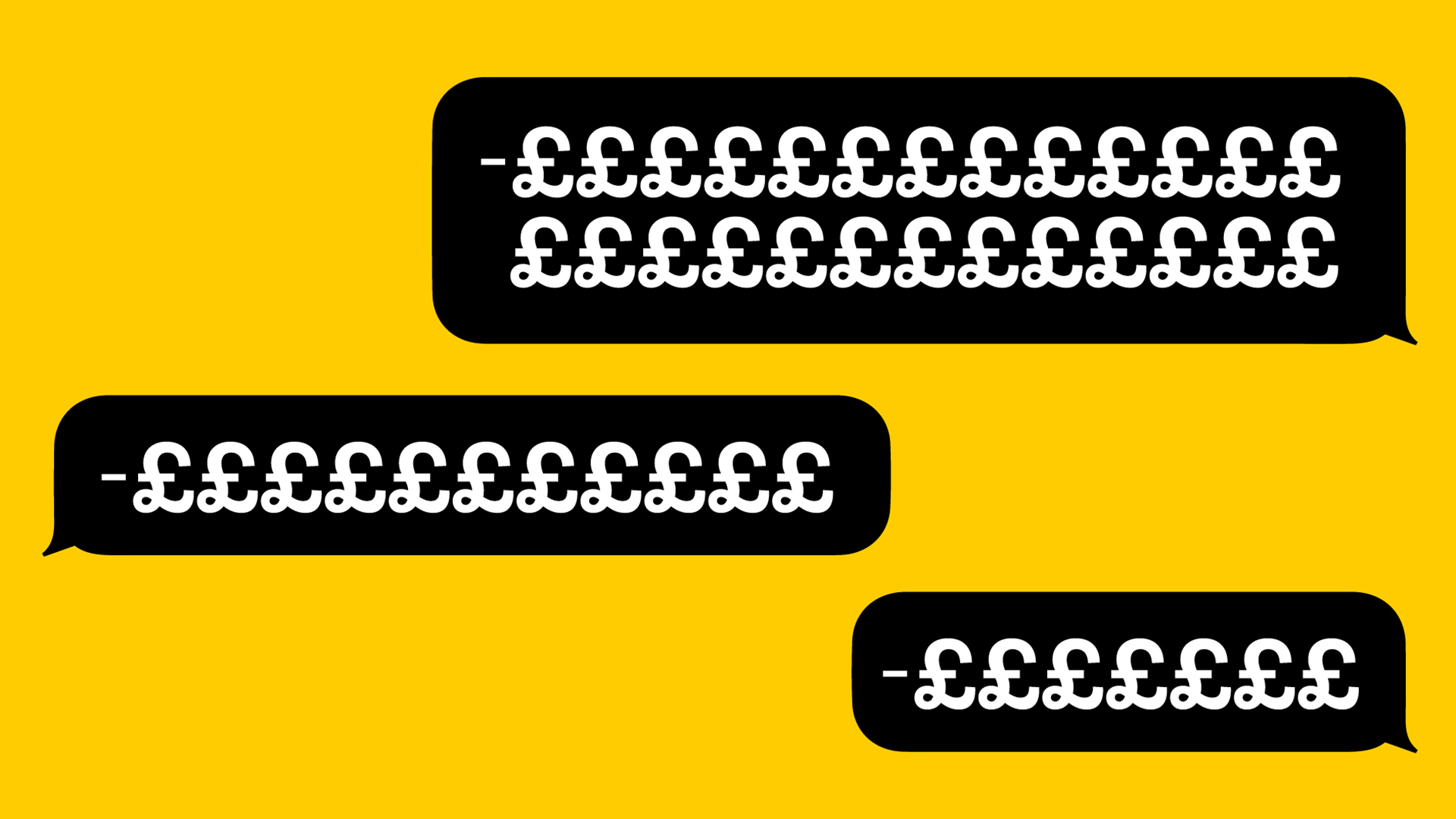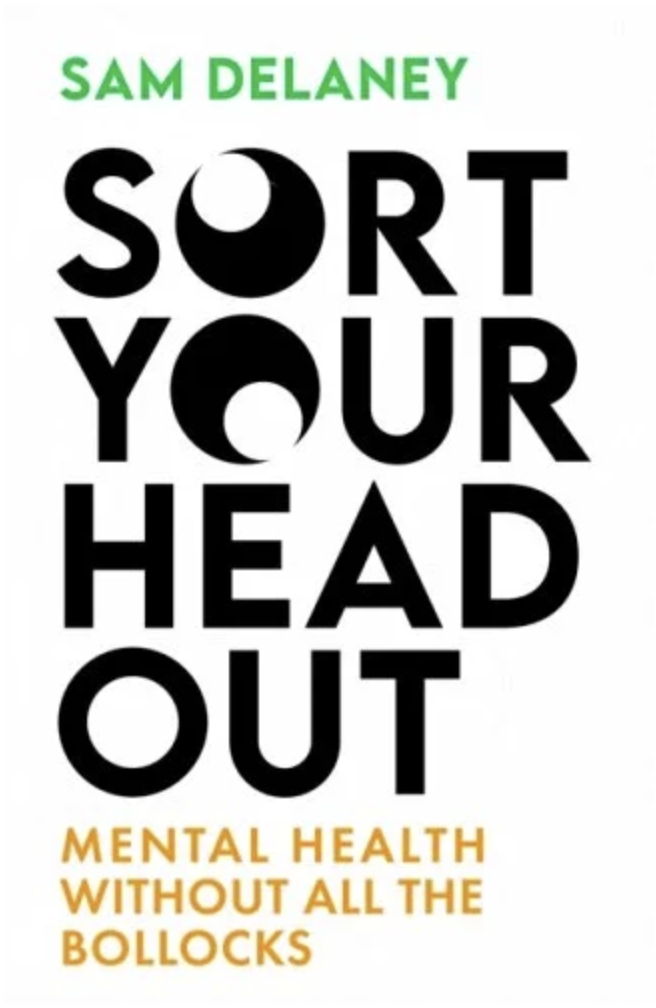When I woke up this morning, I got a text from the bank telling me that I was overdrawn. Then I got a notification alerting me to a couple of payments due to leave my account later that day. Next, I received an email from the credit rating agency I foolishly subscribed to, telling me that my rating has just dropped from ‘good’ to ‘fair’ for reasons they are unable (or unwilling) to explain. All this money talk before I’d finished my first cup of tea.
A therapist once warned me: “It’s all too easy to bury your head in the sand about your financial problems.” I wish that was the case. I wouldn’t mind five minutes of respite.
Like most of us, my financial status is subject to constant fluctuations – many of them disheartening – and my phone keeps me informed of them throughout the day. Every single day of the year. Yes, it is convenient. Yes, it can be helpful. But, my god, it’s stressful.
Throughout my life, through good times and bad, money has been a constant source of anxiety. Being skint is miserable, of course. But even when I’ve had plenty in the bank, I’ve never been able to shake the low hum of stress that accompanies any thoughts of finance.
If I haven’t got much, I worry incessantly about where the next pay cheque will come from. If I’ve got a few quid in my pocket, I stress about how to organise it, spend it and manage it. I worry about losing it through naivety, irresponsibility or frivolity. I am just not comfortable around money.
And I am not alone. According to recent ‘Money Talks’ research by MoneySupermarket and suicide prevention charity Campaign Against Living Miserably (CALM), one in two people in the UK report the cost of living crisis is making them feel anxious. The study also found that 52% of the UK population are more worried about money than 12 months ago. And one in four say they feel lonely or isolated because they cannot afford to socialise as much as they used to.










